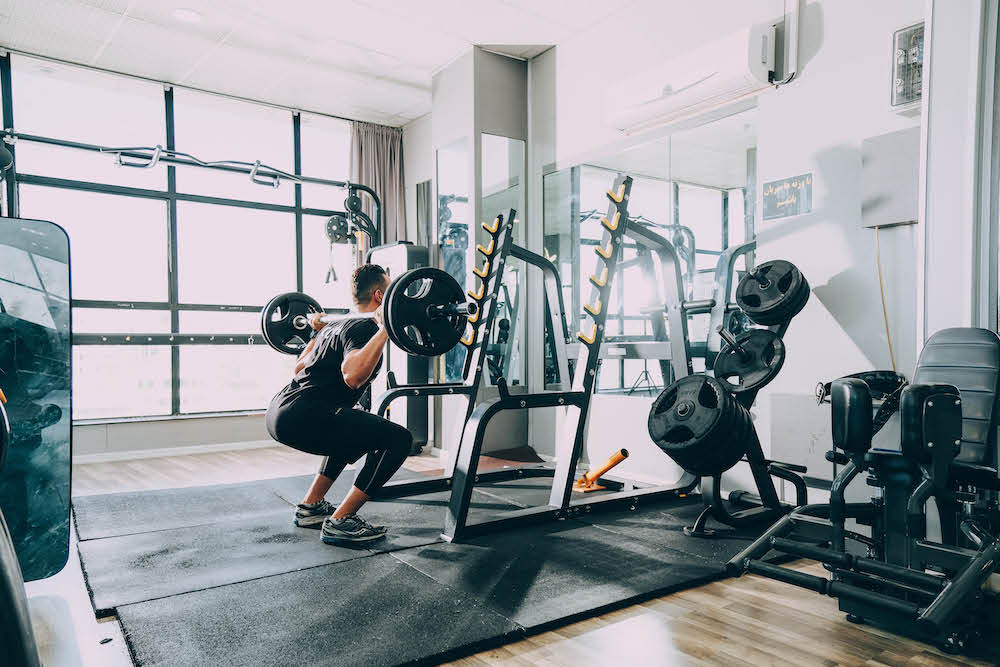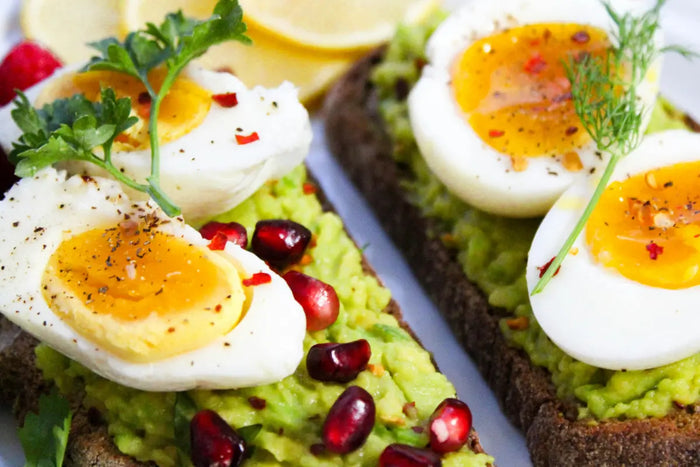Beginner Workout Advice
Embarking on a new fitness journey can be both exciting and challenging. To get you motivated, we're here to help you understand the science and benefits of joining your local gym or fitness club and to provide you with a basis for a beginner gym workout plan to help you understand how to start working out in the gym.
Benefits of getting started in the gym:
Regular exercise has many benefits for both the body and mind. On the physical front, getting started at the gym and completing consistent workouts can contribute to enhanced cardiovascular health, promoting a healthy heart and aids blood circulation. Regular exercise is also great for maintaining a healthy weight, managing muscle tone, and strengthening the skeletal system.
The cognitive benefits of regular exercise is equally impressive. Scientifically, physical activity of even just 10-30 minutes can stimulate the release of neurotransmitters such as endorphins, which contribute to an improved mood and reduced stress levels. Exercise is also associated with the growth of new neurons in the brain, fostering enhanced cognitive function, sharper memory, and better overall mental power.
A basic beginner workout for the gym:
-
Basic Bag Prep:
Double check you’ve packed everything you need for your new gym-venture. Think: water, lock, music, towel.
-
Cardio Warm-up (10 minutes):
Start with a brisk walk, jog, or cycling to elevate your heart rate and warm up your muscles. As a little hack, this should be at a pace you still feel comfortable to talk at. Follow this up with some basic dynamic stretches, if your stuck on ideas, there’s some great programmes and YouTube content out there. The worlds your oyster!
-
Resistance Training (20-30minutes):
Try an incorporate compound exercises like squats, lunges, and bench presses for a full-body workout. Begin with bodyweight exercises if you're new to resistance training and focus on nailing technique.
-
Cardiovascular Exercise (15 minutes):
Engage in activities like running, cycling, or rowing to boost your endurance fitness. Choose activities you enjoy to make it more sustainable, and even pair it up with a new gym playlist to help you enjoy getting a sweat on.
-
Cool Down and Stretching (10 minutes):
Conclude your first gym session with some additional stretches to improve flexibility and reduce any muscle soreness you may feel the next day. Focus on major muscle groups and hold each stretch for 15-30 seconds.
Things to remember as a beginner working out in the gym:
Nervous is normal: Stepping into a gym for the first time can be nerve-wracking. Understand that it's normal to feel a bit anxious, as you're pushing yourself outside your comfort zone. With consistent effort, confidence will naturally grow.
Quality over quantity: This is crucial in fitness. Short, focused workouts can be highly effective. Overtraining can lead to burnout and injury, so prioritize consistency and rest for sustainable progress.
Motivation fluctuates for everyone: Acknowledge that it's normal to have off-days. Even a lighter workout is better than none. Remember your initial goals and the positive impact exercise has on your well-being.
It's Okay to Fail: Failure is an integral part of growth. If a workout doesn't go as planned, view it as an opportunity to learn and improve. Embrace the challenge, for it is through overcoming failures that true progress is made.
Gaining a helping hand: Don't hesitate to ask for help from gym staff or fellow gym-goers. Asking for help is a smart way to learn the correct techniques, making your workouts more effective and reducing the risk of injury.
Risk, Reduction, Repeat…
Making sure we are keeping ourselves safe in the gym is king, especially when getting the most out of our new regime.
Begin each session with a dynamic warm-up to increase blood flow, preparing muscles for activity and reducing injury risk. Prioritise technique over weight, ensuring proper form to prevent strain and reduce the risk of injury. Incrementally increase exercise intensity and duration to avoid overexertion and reduce the risk of injury. Follow a structured program that gradually challenges your fitness level, preventing overtraining, and ask your local personal trainer for what this might potentially look like if you’re unsure. Allow adequate time for rest and recovery to prevent overtraining, reducing the risk of injury. Listen to your body, pay attention to early warning signs, and schedule rest days between intense workouts.
Remember, consistency is key. Begin with manageable intensity and gradually progress to more challenging workouts. Always consult a fitness professional or healthcare provider before starting a new exercise program, especially if you have pre-existing health conditions. Enjoy the journey to a healthier, stronger, and sharper you!

















